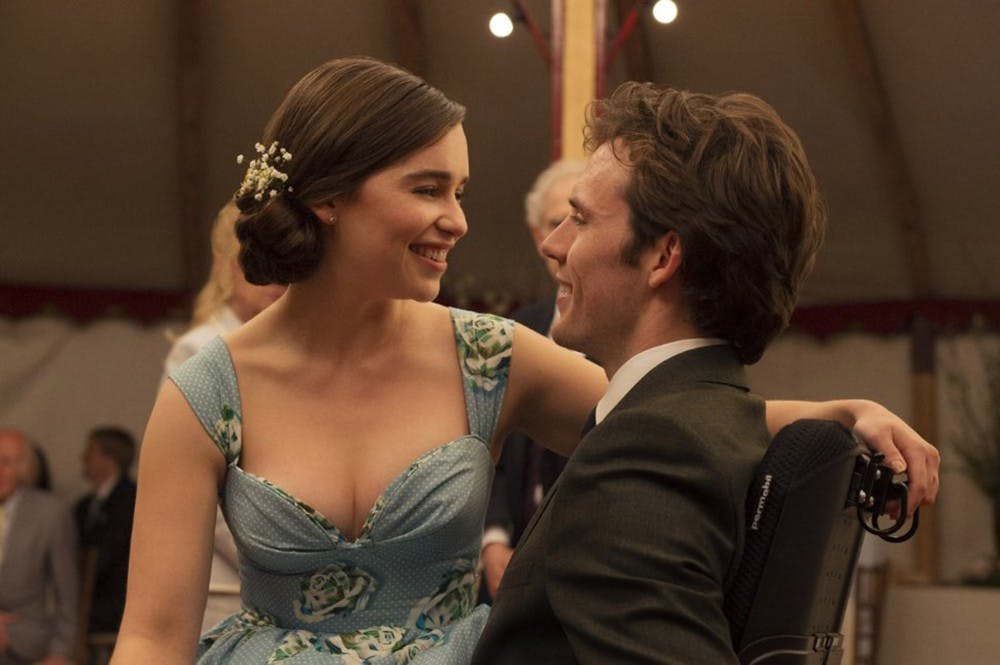Grade: A-
I will preface this review by saying this: I am a cynic.
In the real world, I have a hard time believing in the idea of soulmates or “the one” or any of the other buzzwords that people throw around when talking about love. Any of the things we’re taught to search for in relationships.
Yet somehow, movies like “Me Before You” always drag me in: hook, line and sinker.
Emilia Clarke plays an unbelievably cute - and I do mean absolutely, positively, unbelievably adorable - caregiver, Louisa “Lou” Clark to Sam Claflin’s well to do, formerly adventurous, wheelchair bound, Will Traynor.
Traynor was rendered quadriplegic in a motorcycle accident two years prior. Will and Lou are brought together when Lou comes to care for him at the request of his mother. He is reluctant and disagreeable and the perfect set-up for the classic “enemies to lovers” trope.
The movie is cloyingly sweet. I mean, seriously, it’s almost painful how clearly the film is made to play at your heartstrings.
Did I sob for 20 minutes in the middle of a packed theater anyway? Yes. Yes I did.
“Me Before You” checks all of the boxes. The plot isn’t hard to grasp. The setting, a beautiful rural Britain, is mesmerizing. There is unbelievable chemistry between the leads, Claflin and Clarke both completely committing to their characters and the love story that unfolds between them.
A half hour into the film and you’re already looking for a way to drive any other obstacles out of the way in order to force the two of them together - and if we’re being honest, if Sam wasn’t married in real life, I’d most definitely be shipping ‘Samilia’ as well.
And the questions it raises are valuable: where is the line for allowing the people you love total freedom of choice? How do you live and love to the fullest in the midst of unreasonably painful circumstances?
However, one shouldn’t overlook the issue of representation.
This time, Hollywood put a completely standard leading man - tall, handsome, reasonably palatable in all possible ways to the run of the mill moviegoer - in the role of a disabled man. In doing so, a wheelchair-bound actor, who will not otherwise get many chances to star in a romantic comedy, is robbed of an opportunity.
The conversation of diversity in Hollywood is one that has to ultimately transcend traditional race and gender boundaries. It is going to ask us, as both creators and consumers to stop taking the easy way out.
It is going to ask us to stop writing, directing and casting films that follow the same formula they’ve followed for decades.
Even if we know they work.
leadjohn@indiana.edu | @byleahjohnson




